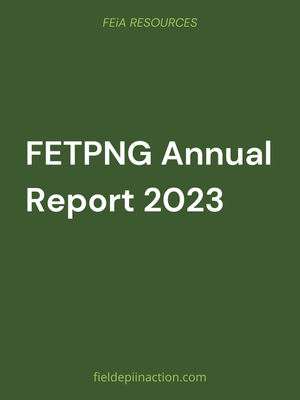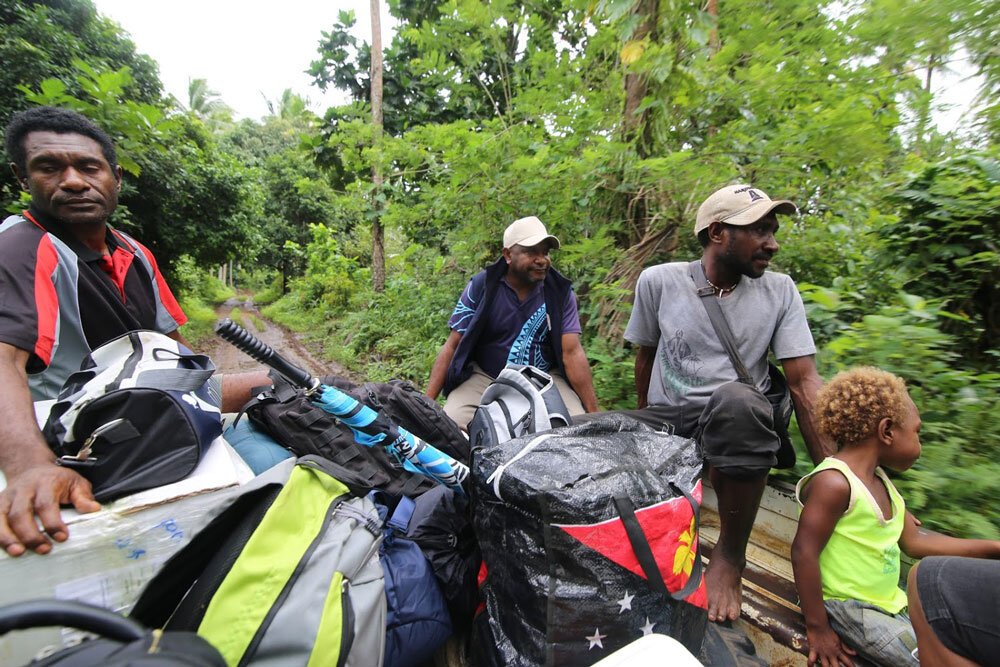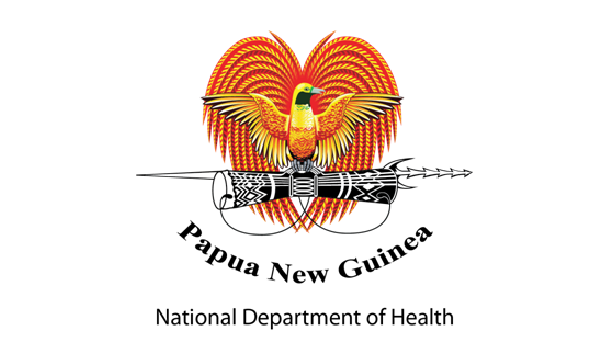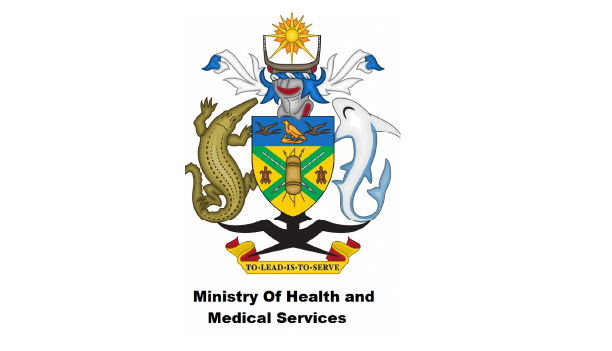
10 Years of FETPNG
Celebrating 10 Years of FETPNG!
The National Department of Health and its partners developed a field epidemiology training programme of Papua New Guinea (FETPNG) to strengthen the country’s public health workforce. The training programme covers field epidemiology competencies and includes the design, implementation and evaluation of evidence- based interventions by Fellows.
106 Intermediate FETP Graduates from 3 countries.
17 Advanced FETP Graduates.
240 trained Rapid Response Team members from 16 provinces.
73 graduates of our One Health Frontline FETP Program.
Programs
Intermediate FETP
About Copy here
Programs
Advanced FETP
Copy
Programs
Rapid Response Team Training
About Copy here
Programs
One Health Frontline FETP
About Copy here
Focus
A focus on designing and implementing effective public health interventions not only provides useful skills to fellows but contributes to real- time, tangible and meaningful improvements in the health of the population.
LEARN MORE
Critical Shortage
Papua New Guinea (PNG) faces a critical shortage of human resources to address pressing public health challenges arising from an increasing burden of communicable and non-communicable diseases. FETPNG aims to directly address this challenge through an intervention based field epidemiology training program.
Resources for FETPNG Faculty & Graduates
eLEARNING
Four eLearning courses available: Excel Fundamentals for Field Epis, Rapid Response Team Training, Basics of Public Health Surveillance and our newest course; Outbreak Investigation.
TEMPLATES FOR FIELD EPI’S
A series of free templates for field epidemiologists:
An outbreak situation report (sitrep) template
An outbreak report template
A generic linelist template
A weekly surveillance report template
An annual surveillance report template
CASE STUDIES
A series of case studies based on the intermediate field epidemiology training curriculum used in PNG and Solomon Islands. The case studies have been specifically written to supplement the workshop-based training, but stand alone, so anyone in the world can access and use them. The 5 case studies each cover a different core competency from the field epidemiology training.




























